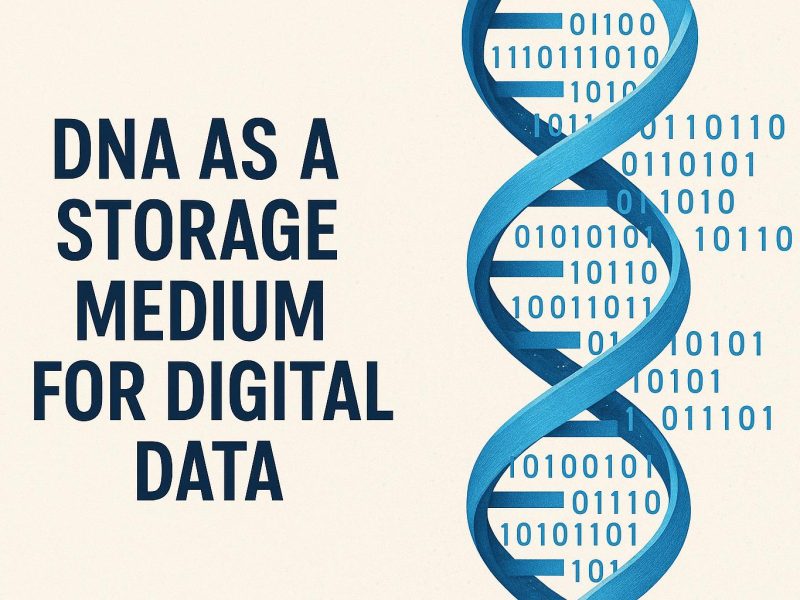Understanding Genetic Testing
Genetic testing is a cornerstone of contemporary medical practice and scientific research. By examining an individual’s DNA, these tests provide significant insights into genetic tendencies towards specific health conditions. They also confirm or refute the presence of genetic disorders and assess the probability of transmitting such disorders to offspring.
What is DNA?
Deoxyribonucleic Acid (DNA) serves as the genetic backbone for humans and practically all living organisms. Virtually every cell within the human body contains identical DNA. This DNA harbors information stored as a code that comprises four chemicals, referred to as bases: adenine (A), guanine (G), cytosine (C), and thymine (T). The human genome comprises approximately 3 billion of these bases, and the sequence in which they appear determines an organism’s genetic directives for growth and maintenance. Remarkably, over 99 percent of these bases are universal among people, underscoring the genetic similarities we share.
Types of Genetic Tests
Genetic tests are diverse and can encompass a wide array of methodologies, from scrutinizing a solitary gene to analyzing the entire genome sequence. Some prevalent forms of genetic tests include:
Gene Tests: These focus on a microscopic examination of one or several genes, frequently employed to either ascertain or discount the presence of a suspected genetic condition.
Chromosomal Tests: These tests scrutinize entire chromosomes or considerable DNA segments to identify substantial genetic alterations, such as an additional chromosome copy.
Biochemical Tests: Instead of directly examining DNA, these tests analyze specific proteins or enzymes that might reveal underlying genetic mutations.
The Process of Genetic Testing
The genetic testing process initiates with a healthcare provider collecting a sample from blood, saliva, or another form of tissue. This sample is subsequently dispatched to a laboratory. In the lab, the technicians isolate the DNA present within the sample. Using techniques like polymerase chain reaction (PCR), they amplify the DNA, generating a sufficient quantity for comprehensive analysis.
The type of genetic test chosen hinges on the particular information being sought. For instance, healthcare providers might employ Single Nucleotide Polymorphism (SNP) array testing to investigate specific DNA variation points. Alternatively, whole exome sequencing could be conducted to explore the protein-coding regions of genes. Once analyzed, the results are interpreted and returned to the healthcare professional responsible for discussing them with the patient.
Applications of Genetic Testing
The realm of genetic testing is vast, with numerous applications. A notable use is in personalized medicine, where therapies are customized according to an individual’s genetic framework. Moreover, genetic testing holds crucial importance in prenatal screening for potential genetic disorders. It also plays a pivotal role in evaluating risk factors for illnesses such as cancer or cardiovascular diseases.
Genetic testing transcends beyond its predictive capacities. It has become integral to the field of pharmacogenomics, which is the study of how genes affect a person’s response to drugs. This genomic information enables healthcare providers to prescribe medications that are most effective and least likely to cause adverse effects.
Furthermore, genetic testing constitutes an essential element of newborn screening programs worldwide. These programs aim to identify genetic disorders early in life, allowing for prompt intervention and treatment. Conditions such as phenylketonuria (PKU) and congenital hypothyroidism are routinely tested in newborns. Early diagnosis through genetic testing helps prevent severe complications associated with these conditions.
Another invaluable application of genetic testing is in ancestry and genealogy. Many companies offer DNA testing services to individuals interested in understanding their ethnic background, exploring genealogical connections, and even finding unknown relatives. These tests evaluate specific regions of DNA to trace ancestry and offer insights into the historical migration patterns of one’s ancestors.
The potential for genetic testing extends into population health. Researchers utilize genetic testing data to study populations and understand the prevalence of certain genetic traits. This information can prove vital in designing public health strategies, targeting interventions for particular communities, and advancing overall public health outcomes.
Despite the significant benefits of genetic testing, there are considerations and challenges. Ethical implications often surface, especially regarding the possibility of discrimination based on genetic information. Genetic privacy concerns have led to laws and regulations worldwide aimed at protecting individuals from misuse of their genetic information.
Lastly, interpretational challenges are part and parcel of genetic testing. Not every genetic variant identified is well understood, and the significance of some findings might not be immediately clear. This highlights the necessity for ongoing genetic counseling, where professionals equipped with genetic knowledge assist individuals and families in comprehensively understanding test results and making informed decisions.
In summary, genetic testing offers in-depth perspectives into our genetic blueprints. Its processes and outcomes, while complex, render it an indispensable constituent of modern healthcare and scientific inquiry, holding the promise to revolutionize our understanding and management of various health conditions.



